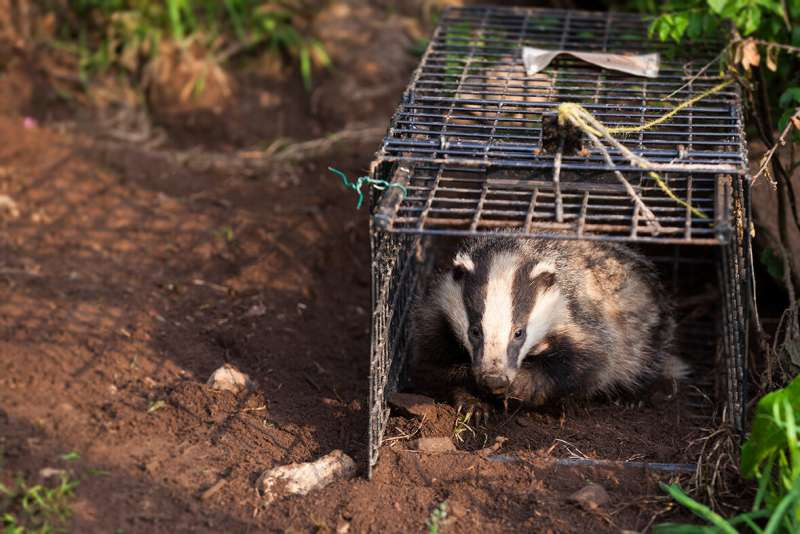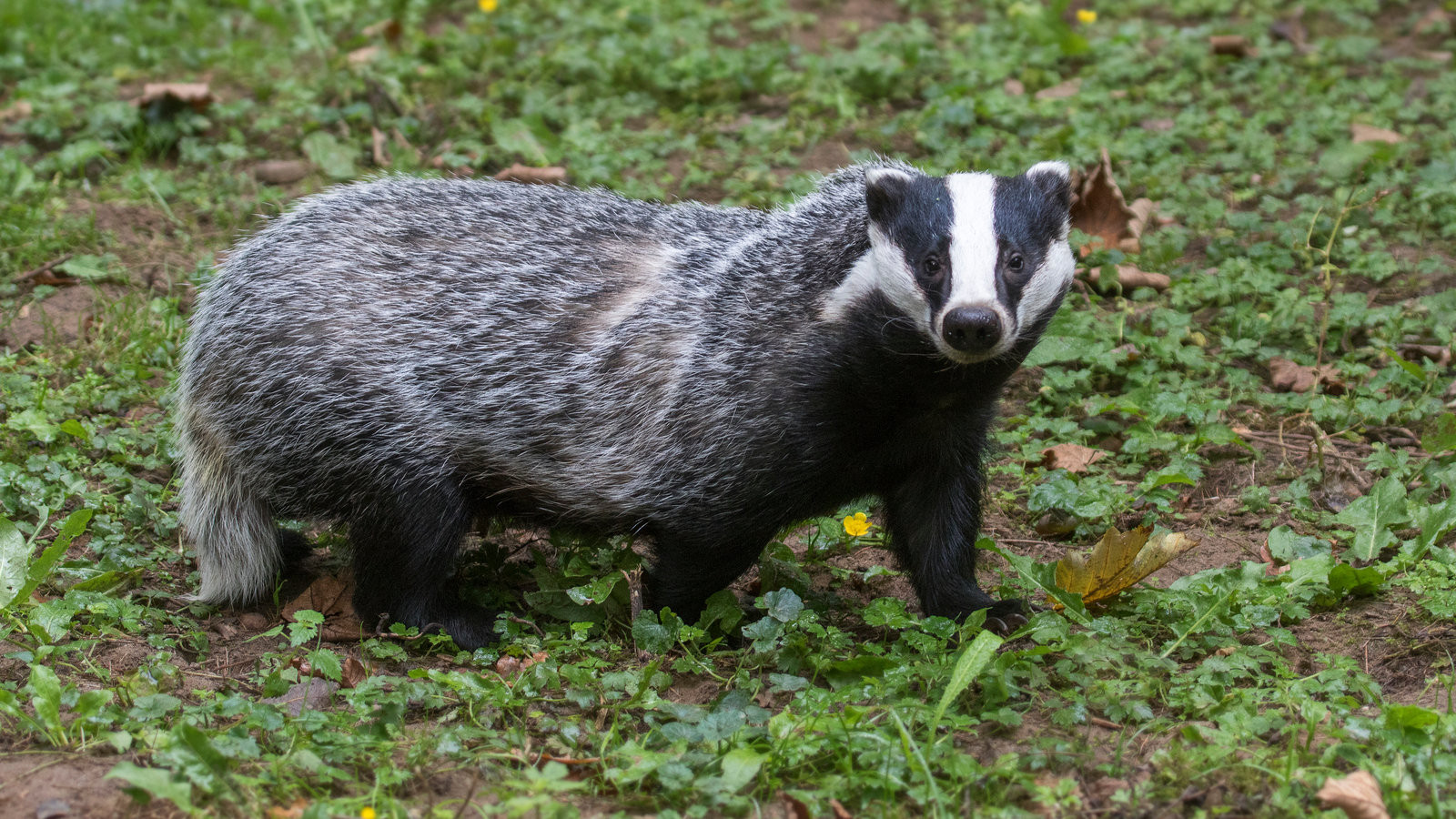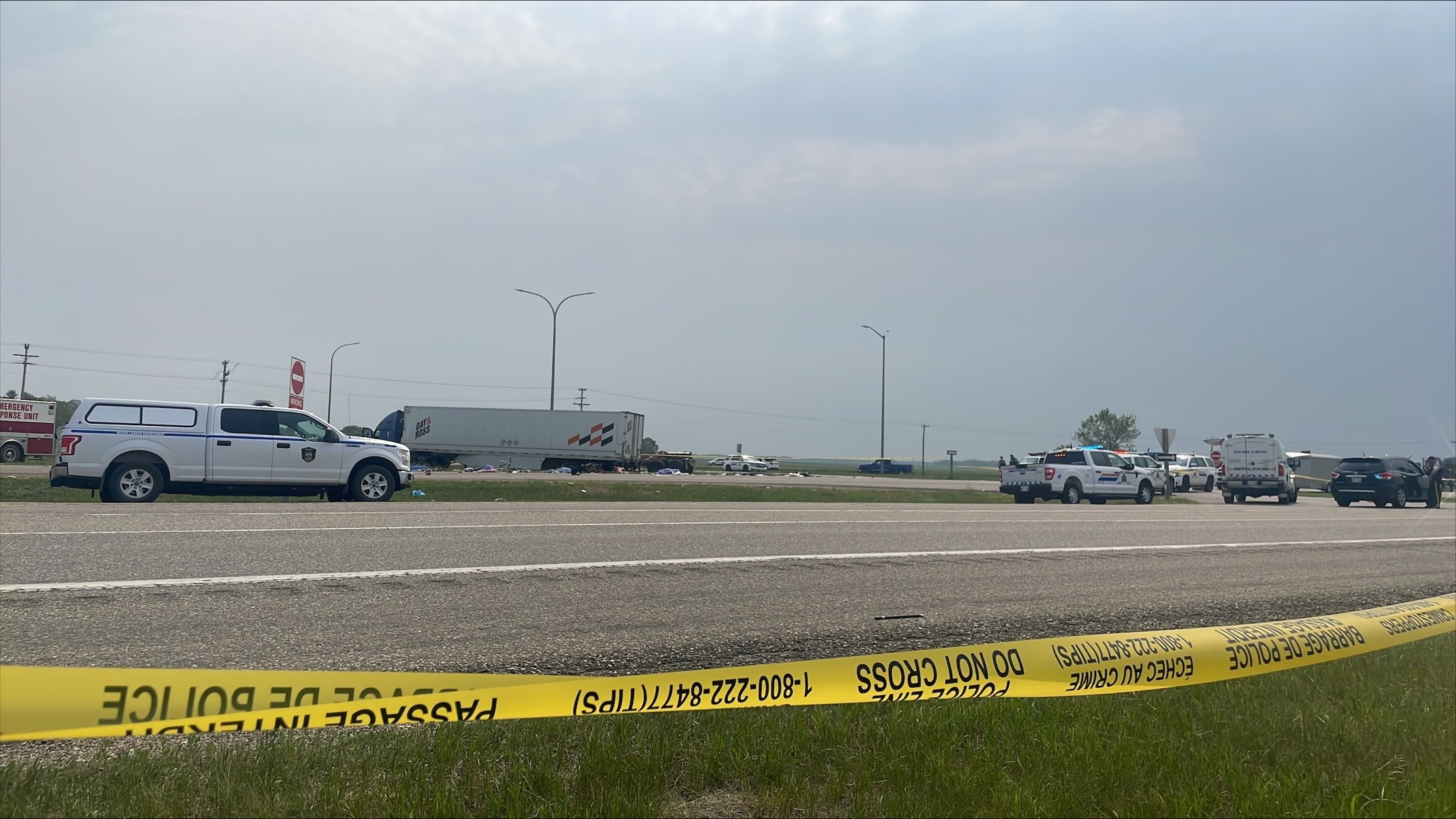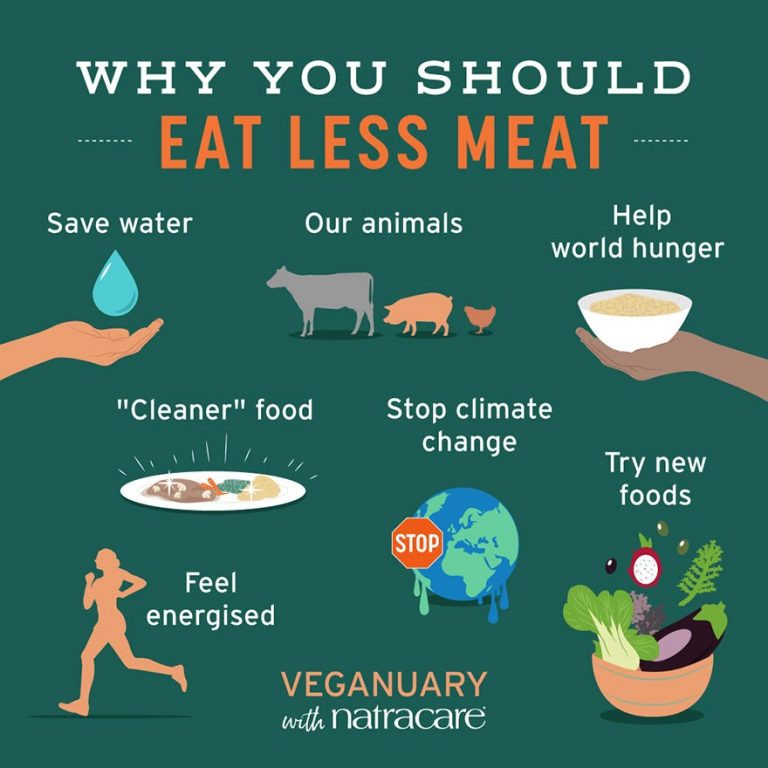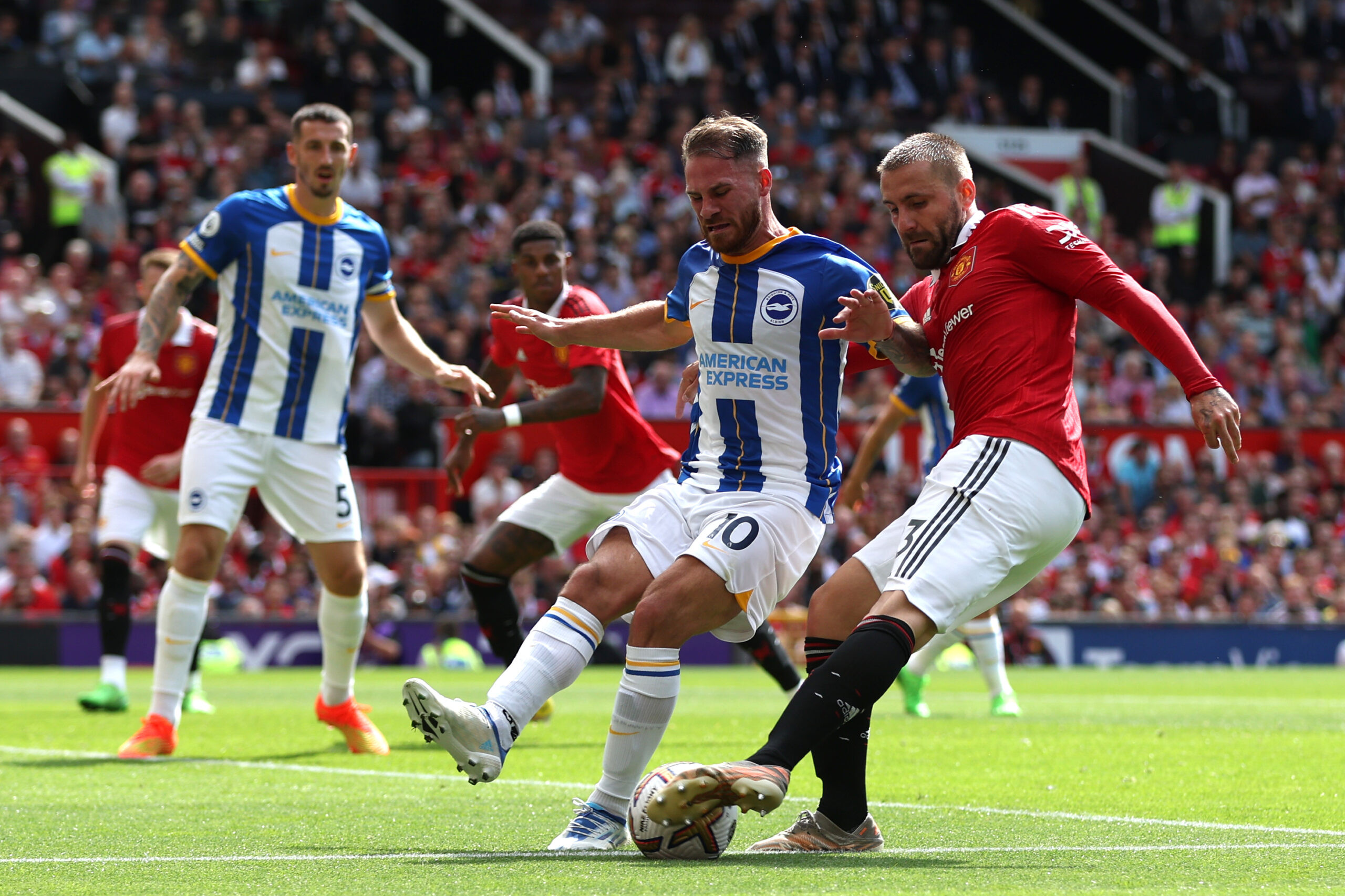You know how Brian May is now an animal activist – specialising in badgers and the necessity or otherwise of culling them – as well as an astrophysicist and the guitarist with Queen? In case you didn’t, I’ll just give you a moment to get yourself up to speed – OK? World recalibrated? Jolly good.
Well, Brian May: The Badgers, the Farmers and Me concentrates, unsurprisingly, on the badgery side of his career. May tells us he has never been convinced by the government’s insistence that the creatures are responsible for the spread of bovine TB, which requires the slaughter of any infected cattle – about 20,000 a year – with all the ramifications for the farmers that losing animals they care for involves.
The culling of the badgers themselves, of course, has been going on for about 20 years. And never without controversy, because there have always been those advocating for vaccinating rather than killing the animals (officially a protected species), but always with the backing of those most directly affected: the farmers. About 200,000 badgers have been killed in the last decade and the endeavour costs the taxpayer around £100m a year.
May believes that badgers cannot be the main source of transmission for bovine TB and sets out to prove it with the help of Anne Brummer, his co-founder of the animal welfare charity the Save Me Trust, and large-animal vet Dave Sibley. May is such a gently spoken, thoughtful man that as they begin their four-year investigation into the matter on Robert Reed’s infected farm in Wales, various bits of astonishing information almost slip past without you noticing. Such as the fact that the TB tests the government requires cows to have are rubbish. They only identify about 50% of infected animals. The seemingly healthy rest are therefore free to infect and reinfect others. Reed’s cows are given better tests and all the infected are found.
But does infected mean infectious and if so, how? Yes, but only in dung, is the answer. Dung that is often spread on crops then eaten by cows, or on their grazing land or – get this – on the grazing land of other farmers’ cows. And the slugs and snails that share the land, they get eaten by badgers. Better hygiene practices are instituted at the farm, they keep using the good tests and the herd becomes free of disease.
The larger question of why it is being left to Queen’s guitarist and his friends to perform what seems to be a relatively simple, if time-consuming, experiment is never answered. It is a film very light on detail, such as whether the more effectual tests are prohibitively expensive (it seems unlikely given the consequent costs of the crap ones, but we need to know one way or the other), and I would like to know whether it hasn’t always been a good idea to keep your cows’ food and water as free of slurry as possible. Also, when it is explained that cows cannot simply be vaccinated against the pathogen because then they would react as if infected and need to be slaughtered, you can’t help but wonder if this is not a deeply solvable problem of bureaucracy or if there is some scientific way to tell the immune from the infected?
Still, the film undoubtedly does the job May intends it to. And that is not to persuade everyone, immediately, of the utter righteousness of his anti-culling stance (he is far too equable for that) but to introduce doubt, possibility and space for considering that there might be a better way to help farmers and not destroy any more animals than we absolutely have to. It is so reasoned and reasonable that it feels like a revolutionary act.
Bovine TB: A Controversial and Complex Issue
The documentary, titled "Brian May: The Badgers, the Farmers and Me," has ignited a firestorm of controversy, with the Queen guitarist's findings challenging the conventional wisdom on bovine TB. May's research, which took over 10 years to complete, suggests that the spread of bTB is primarily driven by cow-to-cow transmission, with poor farm hygiene playing a significant role. He argues that badgers are not the main culprit in the spread of the disease, a view that has been met with skepticism from some quarters.
Slurry and Bovine TB
May's research, conducted in collaboration with vet Dick Sibley at Gatcombe Farm in Devon, points to the crucial role of slurry in the transmission of bTB. He found that cattle faeces, which often contain the bTB pathogen, can contaminate food and water, leading to the spread of the disease within herds. Implementing strict hygiene measures, such as keeping slurry away from cows' food and water, can significantly reduce the risk of infection. In fact, Gatcombe Farm, after implementing these measures, became officially bTB-free in 2019.
A Divided Opinion
While May's findings have generated significant attention, they have also been met with a mixed reception from the farming community and veterinary experts. Some, like former chief veterinary officer Christianne Glossop, acknowledge the importance of slurry management but caution against viewing it in isolation. They argue that other factors, such as infected animals being introduced to farms and the potential role of badgers, should also be considered.
Farmers who have lost significant portions of their herds to bTB, like Chris Mossman, are hesitant to fully embrace May's findings. They emphasize the complexity of the disease and the need for a multi-faceted approach to tackling it. While acknowledging the value of May's research, they urge caution against placing all the blame on farm hygiene alone.
A Call for Change
Despite the controversy, May remains steadfast in his belief that his findings represent a significant step towards finding a solution to the bTB crisis. He argues that the focus should shift from culling badgers to improving farm hygiene and biosecurity measures, a shift that could save both animals and livelihoods. May's documentary aims to spark a dialogue and challenge the long-held beliefs about bovine TB, prompting a re-evaluation of current strategies for combating the disease. Whether this will lead to a change in government policy remains to be seen, but May's research has undoubtedly added fuel to the fire of debate, challenging the status quo and forcing a closer examination of the complex issue of bovine TB.
The Future of Bovine TB
May's research raises several crucial questions about the future of bovine TB. Should the focus shift away from badger culling and towards a more holistic approach that prioritizes farm hygiene and biosecurity? Could implementing stricter hygiene measures across farms significantly reduce the spread of the disease? Should the role of badgers in transmitting bTB be reevaluated, and could alternative solutions, such as vaccination, be explored more thoroughly? These questions will continue to fuel the debate surrounding bTB, with the search for a definitive answer ongoing. But one thing is clear: Brian May's documentary has sparked a vital conversation about a complex issue, raising awareness and prompting a critical reassessment of current practices. This ongoing dialogue is crucial in moving towards a future where both farmers and wildlife can thrive.




